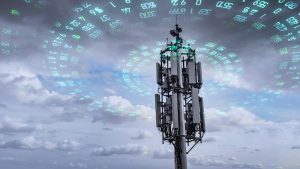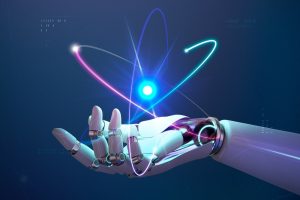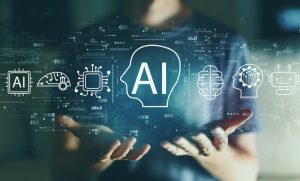Advantages Of Quantum Used In Quantum Games

Quantum machines are unquestionably among the most hotly debated topics in new information technologies. Because of their theoretical benefits over existing computers, those who have the opportunities to alleviate difficult and complex problems. Constructing a stable, functional quantum computer, on the other hand, has been extremely difficult to date, and experts are concerned that they will not provide the predicted supremacy — or quantum benefit — placed above a white their classical equivalents.
In a new report done in Enhanced Quantum Optics, a gathering of scientists from Bar-Ilan Institute, as well as Tel Aviv Institution, evaluated the latest state quantum mechanics with a learning algorithm dubbed “quantum games” to see if quantum benefit placed above a white conventional computers could be accomplished in this special subset of the issue-solving task.
Quantum computers depend on quantum physics laws, specifically quantum bonding as well as the concept of superposition. Superposition enables a qubit — the fundamental basic unit of a quantum machine — to occur as a random combination of both zeros and ones, while entrapment connects quantum bits via slight conversations to enable each other to collaborate.
Though these tangled up, overlaid governments offer subatomic machines the ability their unique advantages, those who too are exceedingly sensitive to environmental sound, and can drop out of one‘s overlaid states as a result of the slightest outside impact. As a consequence, building a working quantum computer has indeed been difficult.
Inside the present study, the researchers found a bunch of quantum systems to test using a well-known nonlocal game wherein quantum theory should outperform traditional speculations.
The triangle match includes 3 or even more gamers to individually allocate binary numbers to the range of parameters, to attain definite having won conditions. Every one of these factors can be assumed about as a binary decision among 0 as well as 1, or as a coin flip between heads and tails.
These circumstances can be met although with the best plan, or a computer program can “win” with just an ordinary likelihood of 87.5 percent. In the utter lack of sound, a quantum game player should be prepared to fulfill all the circumstances and win a game with such a 100 percent likelihood due to the entrapment between both variables. The ordinary victorious likelihood when players are playing at random is 37.5 percent.




